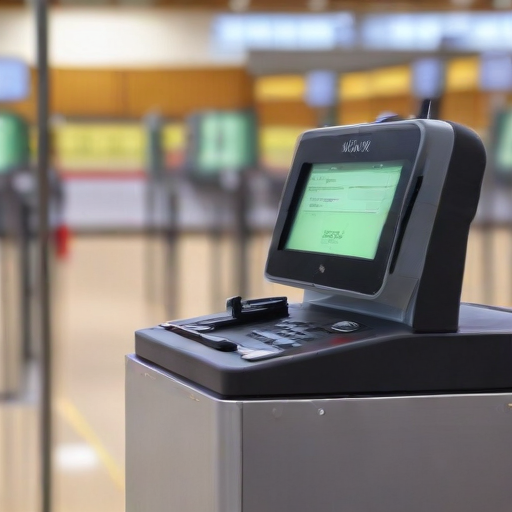Connecticut’s election process is gearing up for a significant upgrade as UConn’s College of Engineering (CoE) collaborates with the state’s Secretary of State, Stephanie Thomas, to test new voting tabulators for reliability and security against cyber threats.
With the state planning to replace 2,700 outdated paper-based voting machines—most of which have not been updated in nearly 18 years—this transition is crucial for ensuring the integrity and efficiency of future elections. Secretary Thomas highlighted the importance of this modernization effort, stating, “This is a pivotal moment for Connecticut’s elections, and one that is a long time in the making.”
To choose the safest and most reliable voting equipment, the Secretary of State sought assistance from UConn’s Voting Technology Research (VoTeR) Center, which has been at the forefront of evaluating electronic voting equipment since 2006. Laurent Michel, the technical director of the VoTeR Center, explained that the team has conducted tests to assess the resilience of potential tabulators against cyber threats, employing ethical hacking techniques to identify vulnerabilities that could affect the electoral process.
Over the course of several weeks, the VoTeR team meticulously evaluated various new tabulators based on their cybersecurity features, adherence to best practices for election audits, and compliance with the Federal Voluntary Voting System Guidelines. The findings being shared with Secretary Thomas have informed the decision-making process regarding the adoption of secure and effective election technologies.
The state will start distributing the new machines to nine Connecticut towns before the upcoming November general election, with further distributions planned for 2025. This proactive approach aims to enhance the security of the voting system and build public trust in election outcomes.
Michel emphasizes the importance of rigorous evaluations, mentioning, “Such an evaluation touches on many technical issues ranging from compliance to resilience to attacks that an adversary might attempt.” He also pointed out that the VoTeR Center not only supports the state directly but engages in research focused on election integrity, involving both undergraduate and graduate students.
The VoTeR Center was established in response to the Help America Vote Act of 2002, and has since expanded its role in supporting state audits and examining electronic voting systems. Michel stresses that proper auditing boosts voter confidence and helps uncover potential flaws, ultimately leading to better electoral practices.
In a time when the integrity of elections is increasingly in focus, Connecticut’s initiative to modernize and secure its voting technology is a positive step toward ensuring that all votes are counted accurately, fostering public confidence in the democratic process.
Overall, this upgrade not only reflects technological advancement but also reinforces the state’s commitment to uphold voting rights and election integrity, paving the way for a stronger electoral system.
